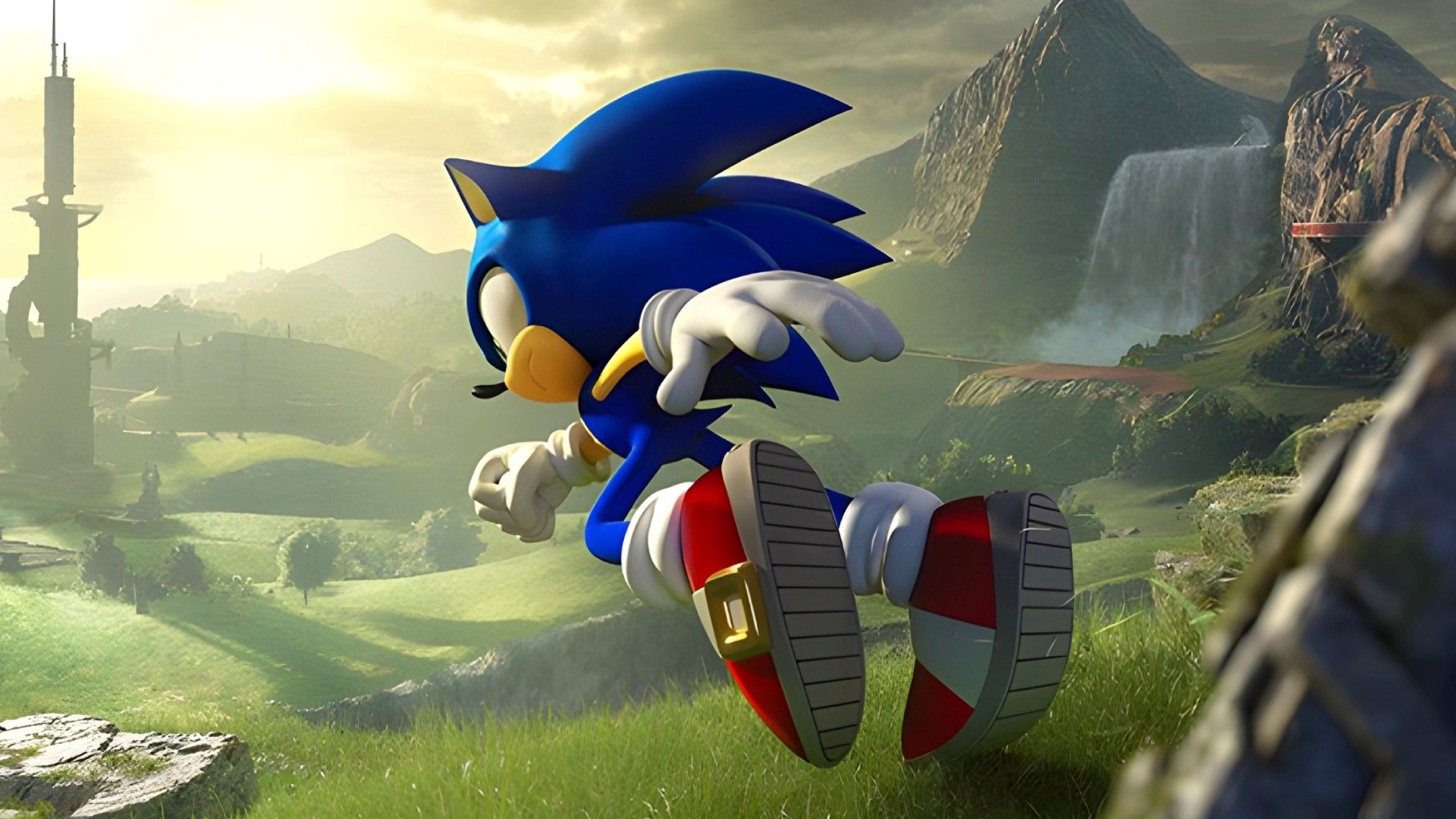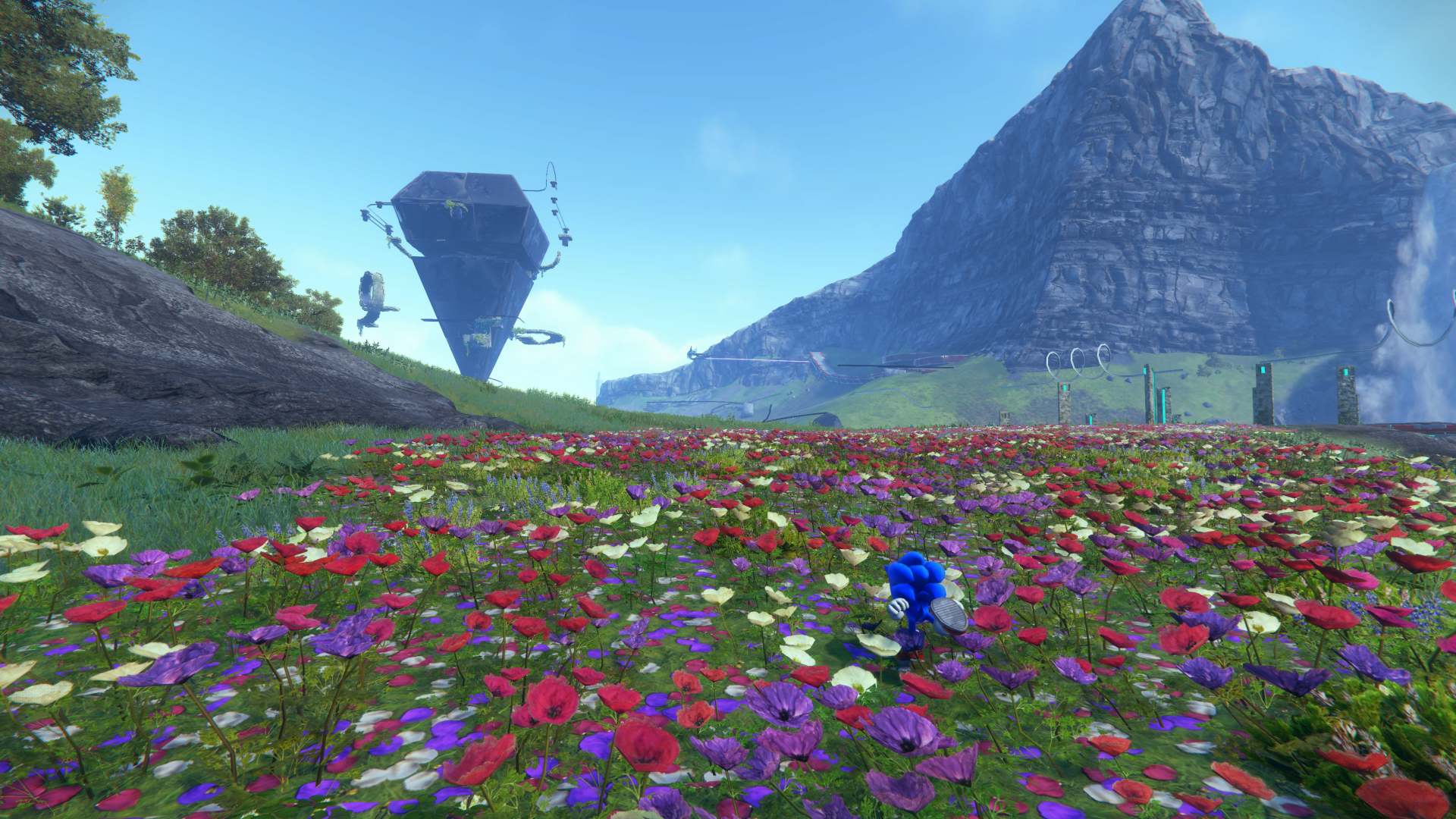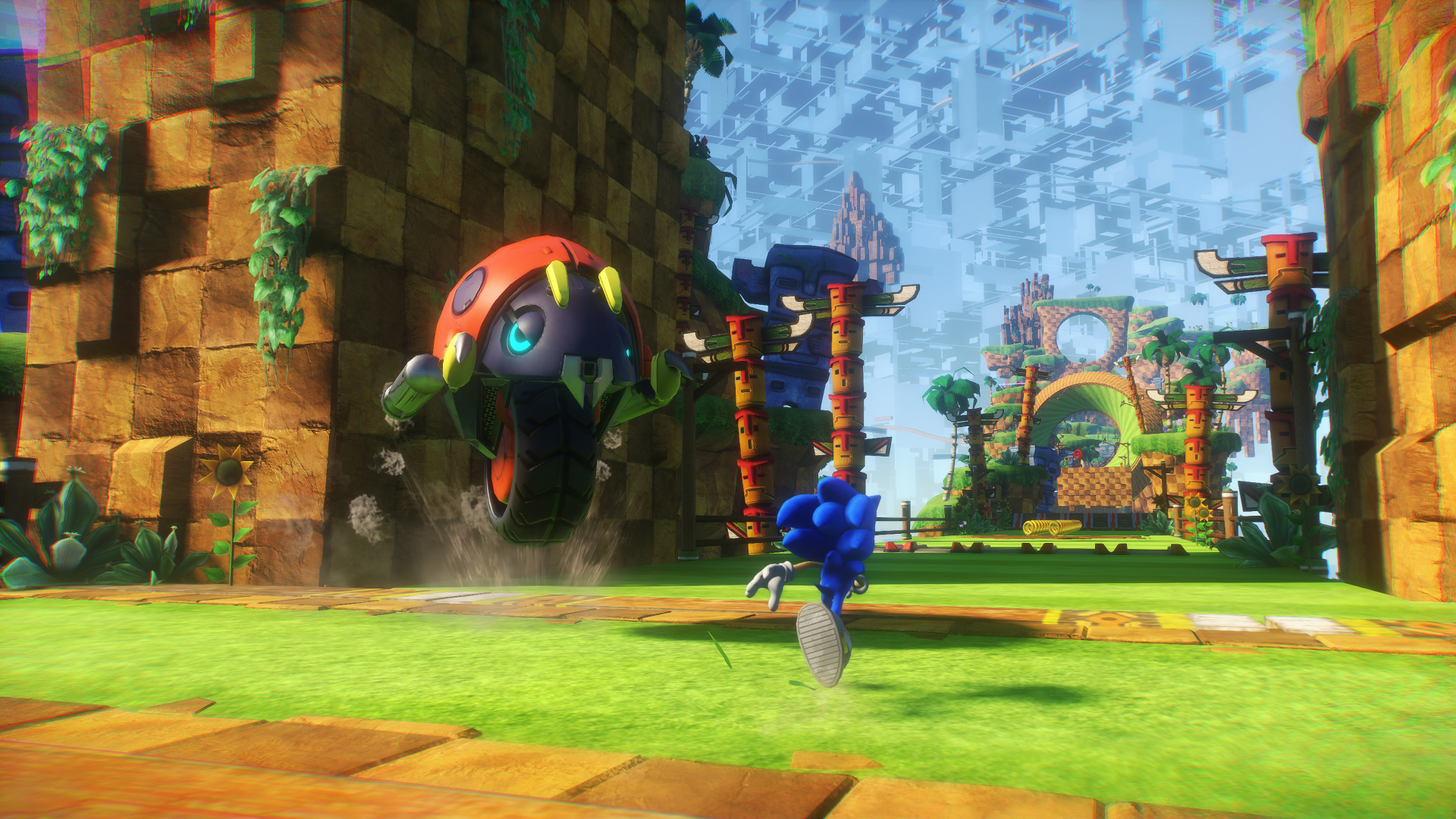
I love Sonic the Hedgehog, but for as much as I've been enjoying the games over the last 20 or so years, I'd be lying if I said that they were all winners. Sonic Frontiers, however, strikes all the right notes across the board, as Sonic Team has redeemed the character in the modern gaming scene, meaning the best is yet to come.
Sonic Frontiers has had a good run in the half a year since it debuted, not only critically but commercially, too. We gave the game a near-perfect score of 4.5 stars praising the boss fights, phenomenal soundtrack and open-zone gameplay. It’s also now the most monetarily successful Sonic the Hedgehog game to date, with over 3.5 million copies sold as of May 2023 (via VG Charts).
While far from a flawless game, the evolved formula that came about with the game going open zone made for a satisfying break from the mediocre level design of the more confined previous titles. You only need to cast your mind back a number of years to the disastrous Sonic Forces, a game so paint-by-numbers with uninspired level design, uninspired boss fights, bad music, a painfully bad narrative, and iffy performance to see that something had to change.
Sonic Team clearly took the criticism in stride and came back with something revolutionary for the character. Sonic the Hedgehog has been enjoying a resurgence in the years that have passed one of the franchise's greatest missteps; You only need to look as far as the two incredibly popular live-action movies and the solid Netflix Sonic Prime show to see that the fastest thing alive is back on top. Now that Frontiers’ developers are riding the high, the time is right to expand on what worked and go bigger and better than ever.
Long time no see

Sonic has had a rocky go of things in the third dimension. From the ambitious yet underwhelming Sonic 3D Blast, to cancelled titles like Sonic X-treme, the 3D Sonic formula wasn’t perfected until the release of Sonic Adventure for the Sega Dreamcast in 1998. It’s been 25 years since that landmark title, and while incredibly rough around the edges, the game did an excellent job of accurately translating Sonic the Hedgehog from 2D into 3D, a feat which was surpassed in the excellent sequel: Sonic Adventure 2.
The Sonic Adventure series set the blueprint for open-zone Sonic games to flourish. This led to the ambitious but poorly executed Sonic the Hedgehog in 2006, and the almost excellent Sonic Unleashed in 2008, which was let down by awkward night-time sections. It’s a format that Sonic Team wouldn’t revisit in the same capacity for nearly 15 years. With that said, there’s a lot that can be done to rejuvenate the formula now that the developers are armed with the modern technology of the Xbox Series X, PS5, and PC.
Beyond the Frontier

For as much as I love Sonic Frontiers, the biggest problem that I have with the game is the sheer amount of busy work required to get to its epic boss fights and exciting platforming challenges. Whether you’re stuck collecting a hundred Knuckles medals or Amy Hearts, or going through any number of the other small puzzle sections, these activities served as padding around the meat of the adventure to establish that 15-hour main runtime.
Aiming for quality over quantity is the way forward here, and it would be exciting to see what Sonic Team could do if it pivoted towards incorporating staple characters such as Tails, Knuckles, and Shadow into your arsenal instead of just Sonic himself. If it became possible to play as more than one character then a revival of the Adventure format could be on the cards, along with access to multiple storylines as part of a wider narrative whole. Additionally, thanks to the advancements made in NVMe SSD technology, the loading screens could be a thing of the past. This could lead to a system in the same vein as Grand Theft Auto 5’s real-time character switching but on a smaller scale.
Some of the best video game sequels take what works about the original and improve upon those elements while scrapping the features that didn’t. We saw this with the jump from the first Sonic the Hedgehog game to Sonic the Hedgehog 2 a year later on the Sega Genesis and again with the step up between Sonic Adventure and Sonic Adventure 2. The latter streamlined the player experience, ditching the six total playable campaigns and replacing them with two mainline story acts and a ‘Final Story’ mode for a more cohesive narrative. This is a path that Sonic Team could walk again when it comes to Frontiers’ potential sequel.
The best way to go about a Sonic Adventure or Sonic Frontiers successor would be to keep the open zone layout while reducing the amount of busywork, allowing a greater emphasis to be placed on the more substantial gameplay sections. Keep the open world running around and puzzle solving, but make our interactions with the world more impactful.
I am also hopeful that the integration of more traditional Sonic the Hedgehog stages. Cyber Space missions could be instantaneous, instead of requiring you to go through a loading screen every time you want to have a crack at one of the classic stages. These kinds of quality-of-life improvements could really set Frontiers’ sequel apart from the original.
Will we see a Sonic Adventure 3 come out of this? It’s unlikely. It’s been 20 years since the last proper entry, and it would make more sense for Sonic Team to take design cues from Adventure 2 rather than to explicitly follow it up with its own sequel. That said, the possibility of more playable characters, a tighter story, and more to do in the open world, is enough to get me excited. It could be the Sonic game that I’ve wanted for decades.







